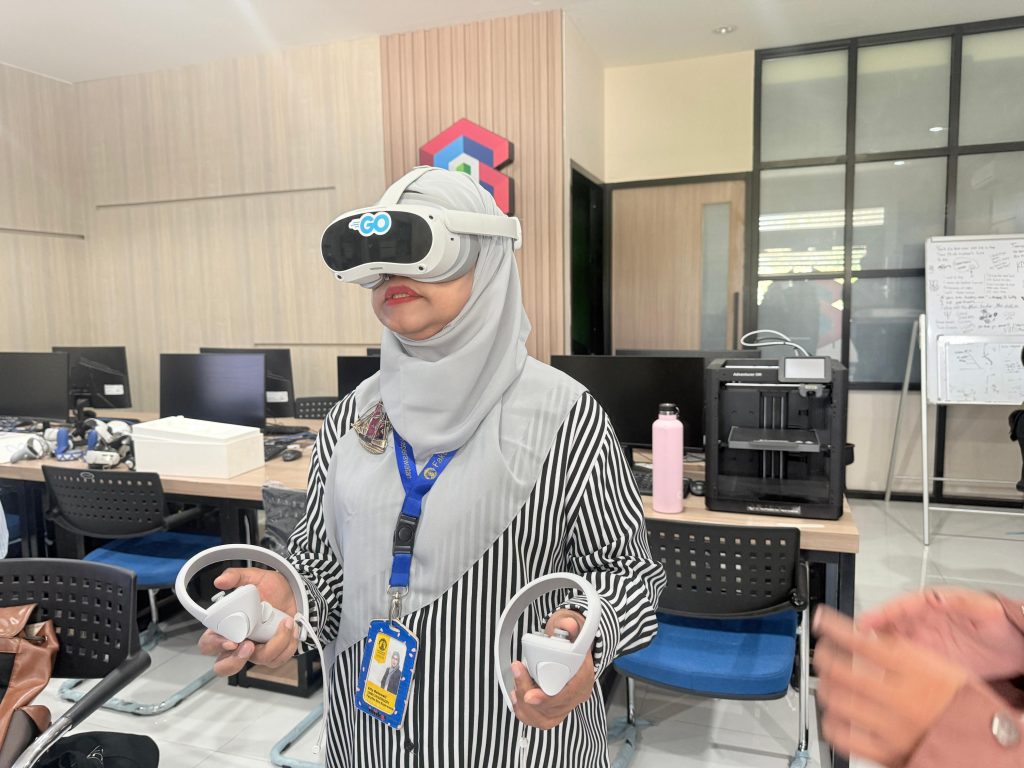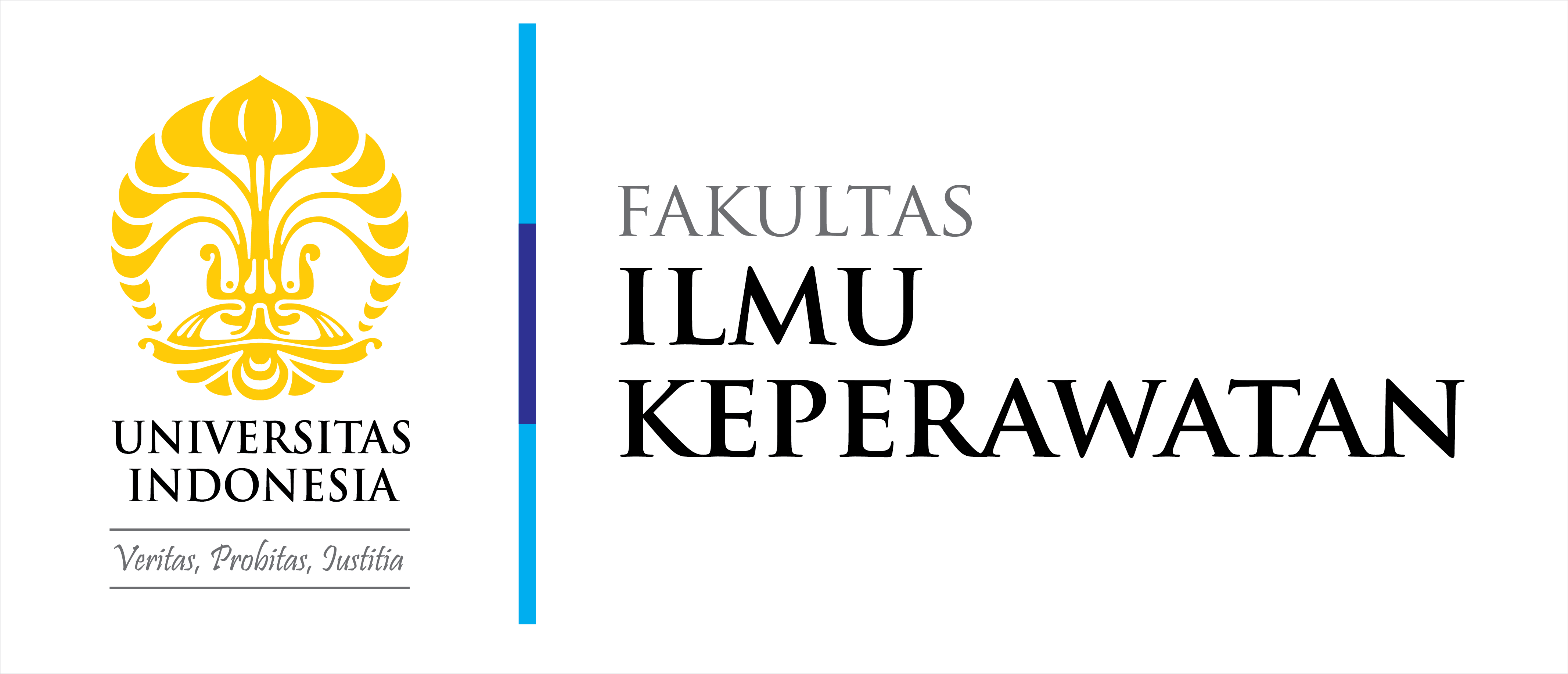
Imagine sitting in a room, and gradually the atmosphere begins to change. Sounds become faint, memories start to blur, and even simple activities suddenly feel confusing. This is, in part, what people with dementia experience—a condition that is increasingly affecting society as life expectancy continues to rise.
To address this challenge, a team of researchers from multiple universities, including the Faculty of Nursing, Universitas Indonesia (FoN UI), is developing a Virtual Reality (VR)-based educational game focused on dementia. This innovative program is more than just a game—it serves as an interactive learning tool that allows nursing students, healthcare professionals, and even the general public to directly experience what it feels like to live with dementia.
“With VR, we can cultivate greater empathy. Students are not only reading theories, but also experiencing firsthand how difficult it is for people with dementia to go through daily life,” explained Dr. Etty Rekawati, S.Kp., M.K.M., a researcher from FoN UI.
This research is part of the Indonesian Collaborative Research (RKI) scheme, involving several leading universities in Indonesia: Universitas Indonesia (UI), Universitas Airlangga (UNAIR), Institut Teknologi Sepuluh Nopember (ITS), and Universitas Negeri Malang (UM). The project is carried out under the FoN UI Research Cluster on Active Aging and Lifelong Wellness, which focuses on efforts to maintain health, independence, and quality of life in older adults.
VR technology was chosen because it can provide immersive simulations—from environmental conditions to social interactions—that help users better understand the real challenges of dementia. This issue is highly relevant to Indonesian society. Data show that the elderly population continues to grow, along with the rising risk of dementia. Many families struggle to cope with elderly relatives who begin to forget frequently, get easily lost, or show changes in behavior.
Through VR-based education, it is expected that more prepared healthcare professionals, a more caring society, and a more “dementia-friendly” environment will emerge. Beyond its academic benefits, this program also touches on the human side. Students who take part in the simulation will find it easier to develop empathy, while patients’ families can gain practical understanding to better support care at home.
In the end, this research is not merely about technology, but about preserving the dignity and quality of life of vulnerable older adults.

Gedung A Lantai 2, Rumpun Ilmu Kesehatan (RIK), Kampus UI Depok,
Jl. Prof. Dr. Bahder Djohan, Kampus UI Depok, Pondok Cina, Kecamatan Beji, Kota Depok, Jawa Barat 16424, Indonesia.
Jl. Prof. DR. Sudjono D. Pusponegoro, Kampus UI Depok, Pondok Cina, Kecamatan Beji, Kota Depok,
Jawa Barat 16424, Indonesia.